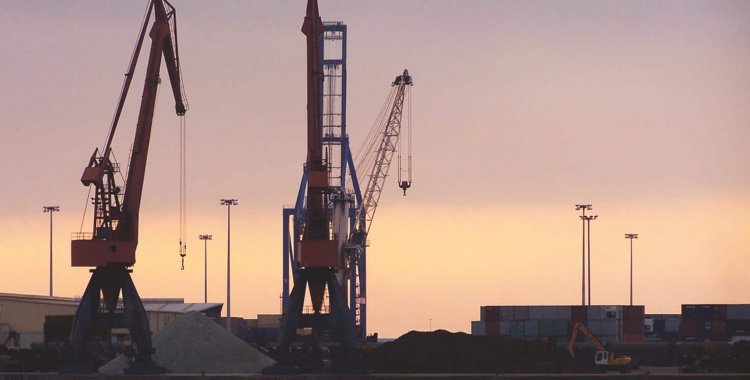"Angola's growth rate is expected to slow down from 3.5 percent in 2022 to 2.6 percent this year and stabilize at 3.1 percent in 2025," reads the Pulsar de África report, released today. in Washington on the eve of the Spring Meetings of the World Bank and the International Monetary Fund.
Despite improving at the end of last year, "oil production remains below the quota" allowed by the Organization of Petroleum Exporting Countries and partners, say World Bank analysts, noting that lower oil prices could hurt performance of the Angolan economy, still very dependent on the growth of the oil sector".
In the part on Angola in the report, the World Bank says that household consumption is expected to slow down from 4.1 percent in 2022 to 2.6 percent this year, although oil and diamond production is expected to increase in 2023, but "the lower price of oil is likely to bring down external revenues substantially, as they will not be offset by increased production".
In the report, the World Bank also says that the country could be one of the main beneficiaries of the reopening of the Chinese economy, the biggest customer of national oil.
"Angola could potentially be one of the biggest beneficiaries of the Chinese reopening and the small upward impact on oil prices that is associated; the positive effects of increased demand from China and the good economic news may have contributed to a drop in interest rates on registered debt in January", concludes the World Bank.
The institution forecasts that sub-Saharan Africa's economy will slow to 3.1 percent this year, then grow 3.6 percent in 2022, advocating more attention to macroeconomic stability, revenue mobilization and debt reduction.
"Growth in sub-Saharan Africa remains weak, dragged down by uncertainty in the global economy, below-average performance in the continent's largest economies, high inflation and a sharp slowdown in investment growth," reads the Pulsar Africa report, released today. in Washington on the eve of the Spring Meetings of the World Bank and the International Monetary Fund (IMF).
"Given these growth prospects and rising debt levels, African governments must strengthen their commitment to macroeconomic stability, domestic tax revenue mobilization, debt reduction and productive investments that reduce extreme poverty and boost shared prosperity to medium and long term", is recommended in the report.







